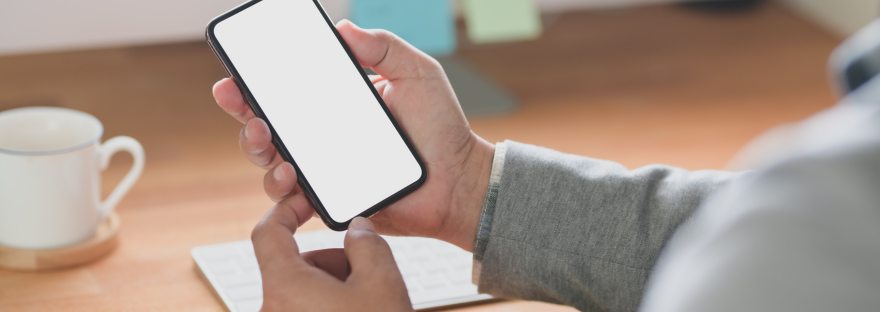I hope everyone is keeping well and safe during these challenging times, in light of the Corona Virus outbreak and its devastating impact.
It is likely that many of our clients will or already finding the current situation stress-provoking- there are many challenges in store for them (and us all), among the uncertainty that we are having to face, the significant changes in routine and lifestyle we are having to make, and the requirements for social distancing and isolation and their associated effects.
For this reason, taking advantage of the extra time I have currently on my hands, I thought I would begin to pull together here some resources that may be especially appropriate for brain injured individuals to help them to navigate the next few months.
I will continue to update this page regularly and please send suggestions if you wish.
Online communities
Headway on HealthUnlocked – this is Headway online community, providing a space for people to talk about how they feel and their experiences, and virtually support one another (further guidance on what this involves and its ground rules here). More generally, Headway’s website and social media pages are as usual fantastic sources of information and valuable resources, and are being regularly updated
Written resources
Communication cards to explain COVID and the pandemic to people with aphasia: a fantastic resource by aphasiafriendly.co
‘Coronavirus and getting better in Hospital’ easy-read booklet for people with communication difficulties, created and very kindly shared by Georgia Frith, Speech and Language Therapist
Easy-read information about COVID produced by MenCap (leading UK Charity for people with learning disabilities)
Easy infographic by the World Health Organisation on how to cope with COVID-related stress
List of ideas of indoor activities to do during quarantine
… And here is another one. Even more extensive, comprising virtual tours, online learning courses, geography, music, history, art, literature, and other entertainment resources, all available for free. Lots of great ideas in there!
Dr Giles Yeates, Consultant Clinical Neuropsychologist owner of Rippling Minds, has also collated a range of useful resources and charities providing support to people with brain injury during these challenging times, on his website here http://www.ripplingminds.com/news.htmlz
Apps
On the blog you can find a number of apps that can be helpful, particularly on the “Mental Health” and “Relaxation and Mindfulness” pages. I have a number of updates that I will making to the lists in the new few weeks. It is worth highlighting that a number of apps have started to gift free time-limited premium memberships for their users, granting them with unlimited access to all their functionalities to support them during this emergency. Examples are:
- Headspace, mindfulness app – free access is however for healthcare workers only
- The ACT Companion app by Russ Harris – free for three months using the code TOGETHER
- Sanvello, app to support with mood and anxiety, has also made its premium version free (although I am struggling to access it at the moment due to “error”)
Making sure to have a routine and a predictable structure to the week is particularly important right now, and has been recommended by various health bodies including the World Health Organisation, as a way to protect our mental health during isolation. You can find here recommendations on my blog for apps to support people with this.
Videos
15 Self-Care Ideas for Corona Virus Quarantine YouTube video by popular Youtuber talking people through some ideas for indoor self-care and activities
Thank you to Dr Aliyah Snyder who on Twitter let me know about the Brain Learning Centre. This offers interactive programmes and consultation services provided by three clinical neuropsychologists in the US to support people’s mental health and cognitive difficulties. In light of the COVID emergency, they are now offering a number of free online classes and workshops – these will touch on topics such as stress management techniques and negative thoughts management.
Watchwellcast is a YouTube channel with many fun and easy animated videos, all of only a few minutes each, on strategies on how to promote well-being
Assessment
The MoCA team has released some guidance on how the test can be administered via telephone or videocall for research or clinical purposes. This has been distributed via email to those registered with their website. I cannot find the same instructions on the website, but happy to share these with any clinicians interested if you email or message me.
The International Neuropsychological Society (INS) has held a webinar in April 2020 on the topic of “Teleneuropsychology in Response to COVID-19” with guidance on the delivery of neuropsychological assessment in a virtual way – the recording can be accessed for free here
The BPS Division of Neuropsychology (DoN) has also released very helpful written, interim guidance on teleneuropsychology, which can be accessed here
https://drive.google.com/file/d/1CT91cmmLlE8TgnX6HYOYLXDwKwB5Hq4h/view


Dear Giulia,
It is great that you have done this. It all helps.
Best Wishes
Robin
________________________________
LikeLike
Thank you!
LikeLike